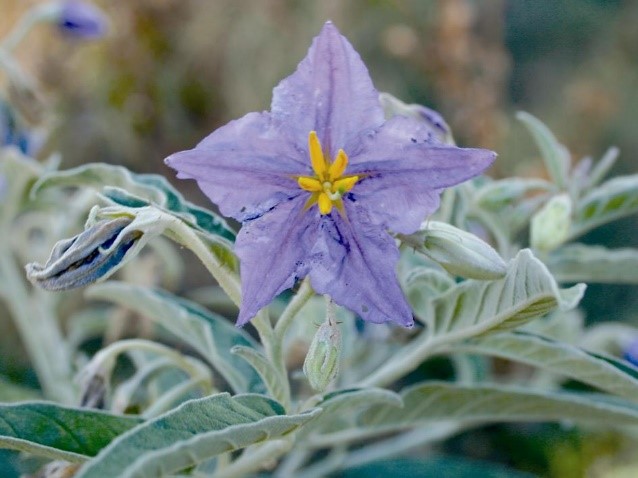Weed control is everyone's responsibility
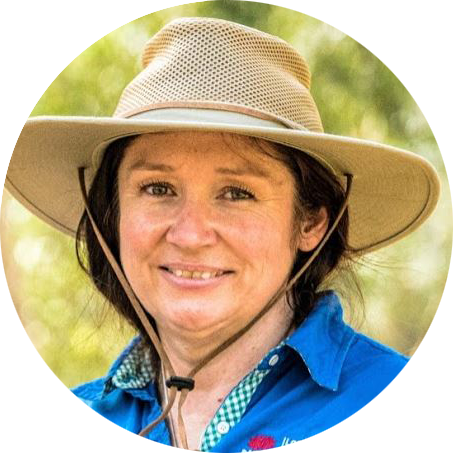 SMALL FARMS NETWORK - SPRING 2020 - PESTS & WEEDS
SMALL FARMS NETWORK - SPRING 2020 - PESTS & WEEDS
By Tash Lappin
Regional Weed & Risk Coordinator
P: 02 6051 2231 | M: 0429 827 471 | E: natasha.lappin@lls.nsw.gov.au
Weed management on small acreage farms is greatly important, not only for the look of the farm, but also for the protection of the farm itself, the health of your livestock, the quality of pastures and other farming activities. Keeping your weeds under control will also benefit your neighbors and the wider community.
Within NSW, everyone has a General Biosecurity Duty to take measures to prevent, minimise or eliminate the risk from weeds. A weed can be generally defined as a plant that is growing where it is not wanted.
Early detection is the key. The longer a weed has to grow and establish, the more difficult it can be to control. It is essential to find and, if possible, eradicate new and existing weeds before they become troublesome. Early detection and prevention are better than cure and will save you time and money!
It is a good idea to always be looking for weeds while doing regular things on your property. We recommend regular inspections of your boundary, driveways, stock feeding areas or other areas of higher traffic. If you notice a plant that you don’t recognise, there are plenty of resources available to help you identify it to determine if it might be a problem. Your local council employs biosecurity / weeds officers who are a great resource and are happy to help you identify suspect plants. They are also able to provide advice on control and planning for appropriate management techniques. Just call your local council and ask to speak to the biosecurity / weeds officer.
Another useful resource is NSW WeedWise which can be used online or as a free smartphone app. Like the web version, the smartphone app helps users reduce the impact of over 300 weeds in NSW. The app provides information on impacts, toxicity, location, how the weed spreads, plant description and control methods.
You can look up the species listed below for more information on identification and control.
There is no one time of year where all weeds appear, and some grow all year round, but spring can be a key time when plants are actively growing and you might discover plants that you are unsure of. Some of the priority weeds that you may find growing in the spring include:
St John's wort
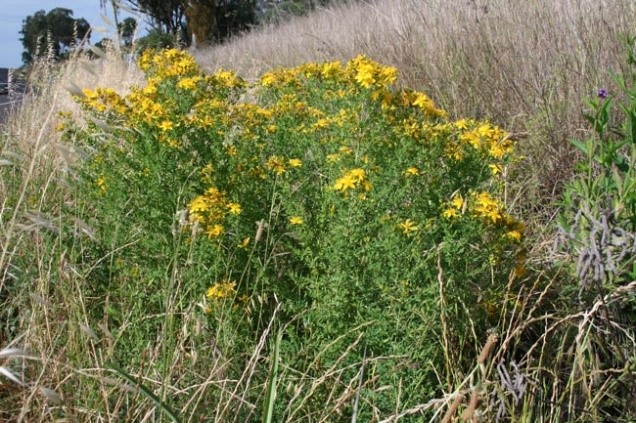
Silverleaf nightshade
African lovegrass
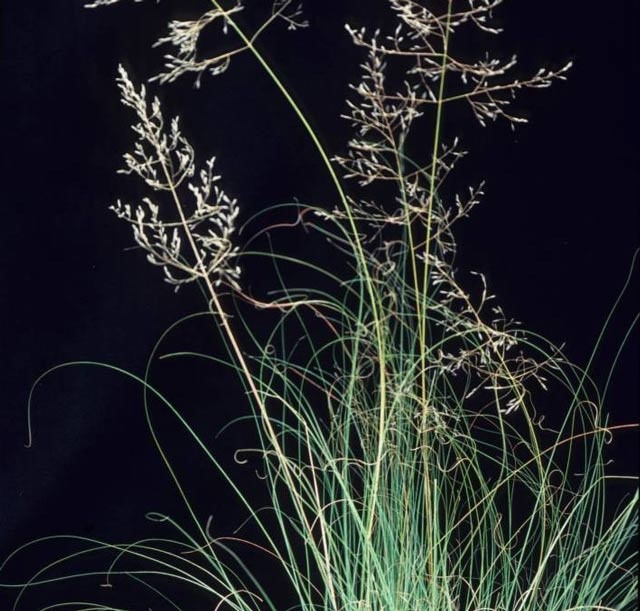
Chilean needlegrass
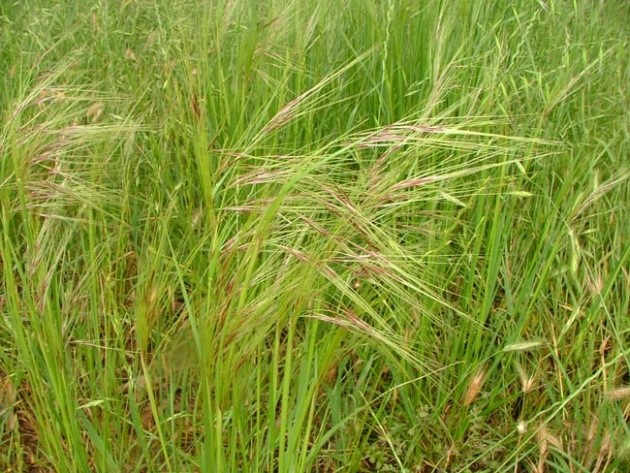
Coolatai grass
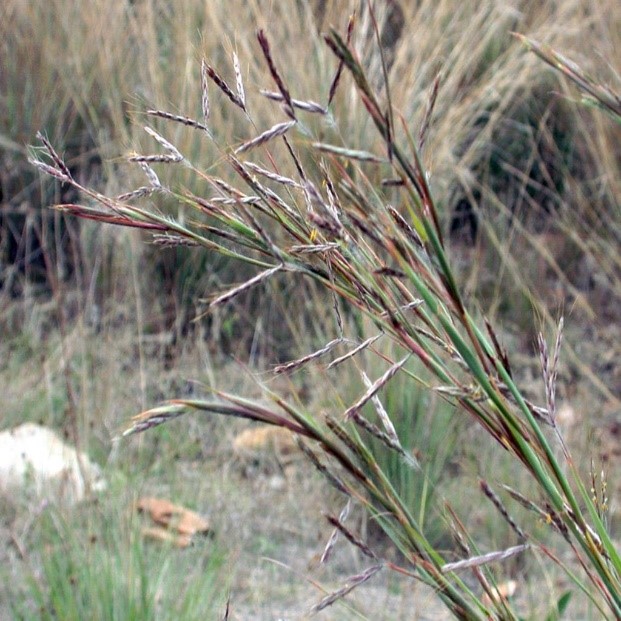
Bridal creeper
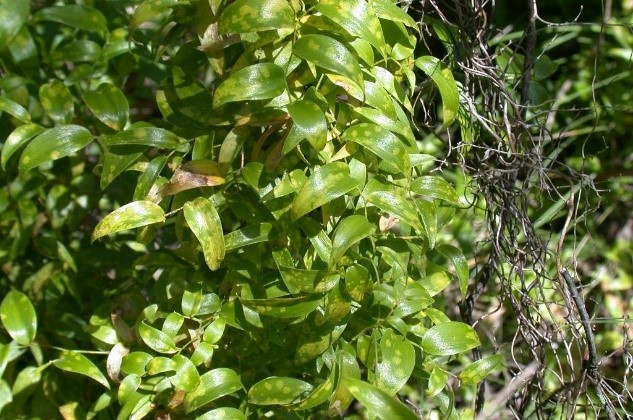
Some simple things you can do to reduce the risk from weeds include:
- Keeping ground cover on your paddocks. Weeds love bare ground!
- Regular inspections of your property, especially following good rain and seeking advice early to identify suspect plants.
- Get advice on different weed management techniques available. These can be mechanical removal, chemical control, biological controls, grazing management etc.
- Control weeds early before they set seed.
- Be aware of vehicle hygiene, as seeds attached to vehicles are a key way weeds are able to spread.
- Learn your common local weed priority species and the recommended control techniques including timing.
- Take care when purchasing plants (including online) to avoid species that are a listed priority weed for NSW and your region including Weeds of National Significance (WoNS).
Information on Weeds of National Significance can be found at:
https://www.environment.gov.au/biodiversity/invasive/weeds/weeds/lists/wons.html
The Murray Regional Strategic Weed Management Plan lists priority weeds for the Murray LLS region and is available to download from our website. https://murray.lls.nsw.gov.au/__data/assets/pdf_file/0004/722632/20170626-Murray-Regional-Weed-Mgmt-Plan_for-web.pdf
For more information on weed control and management and your biosecurity responsibilities, contact me on the above numbers.
For advice, identification or assistance to help you identify and find out the best method to manage weeds on your property, contact your local council Biosecurity Officer.
